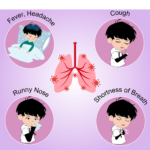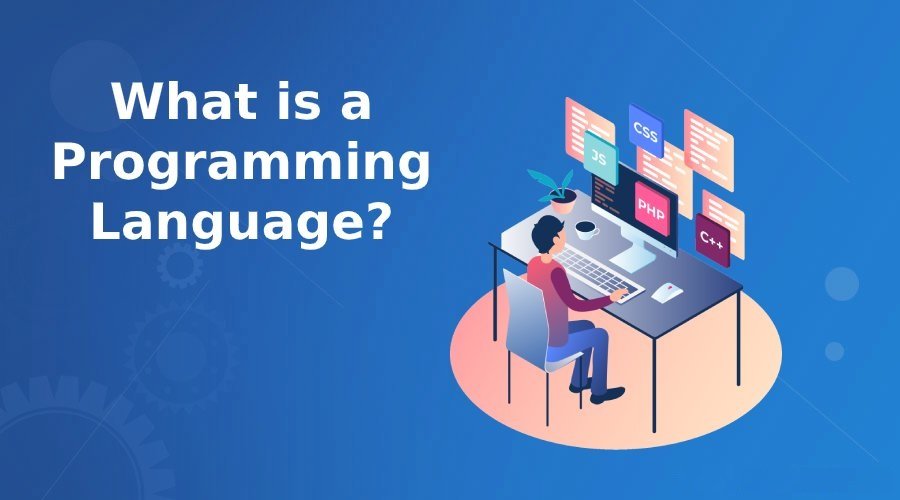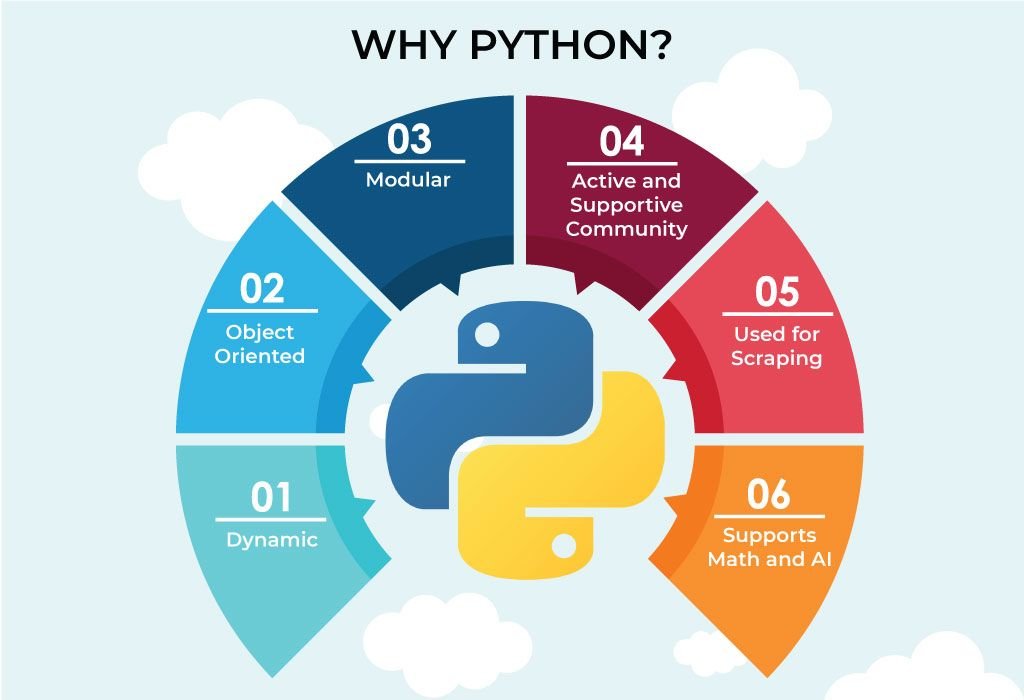The internet has ingrained itself firmly into our daily lives. We use it for work, entertainment, communication, and much more. It has changed the way we interact, conduct business, and gain information about the world around us. However, there are harmful effects of the Internet. While the internet plays an important role in our lives, its potential to harm our mental and physical health is becoming increasingly evident.
Cybersecurity Threats
The internet can be a powerful tool in providing a platform for online communication. Cyberbullying is sometimes more difficult to identify and can have devastating effects on an individual’s mental health. Attackers can stay anonymous on the internet, which may render it challenging for victims to take revenge or get assistance. Cyberbullying can include direct or indirect attacks, such as threatening messages, jokes, rumors, or viral videos. It can also involve social exclusion, impersonation, or humiliation. These types of behavior can lead to depression, anxiety, low self-esteem, social isolation, and in extreme cases, suicide.
Phishing Attacks
Phishing attacks are a type of cyber-attack where an attacker attempts to gain access to a victim’s personal information, such as credit card numbers or login credentials, by impersonating a trustworthy organization or website. Phishing attacks are usually distributed via email or text messages, and they often contain malicious links or attachments.
Malware and Ransomware
Malware and ransomware are computer viruses that can be used by attackers to gain unauthorized access to a victim’s system. Malware can be used to steal data, hijack a computer, or even launch a DDoS attack. Ransomware, on the other hand, is used to lock the victim out of their system until a ransom is paid.
Psychological Issues
The internet can also have a range of psychological effects on its users. Studies have shown that excessive use of the internet can lead to depression, anxiety, and even addiction.
Depression and Anxiety
Excessive use of the internet can lead to feelings of isolation, which can then lead to depression and anxiety. Prolonged use of the internet can also lead to a sense of disconnect from the real world, which can have a lasting effect on an individual’s mental health.
Internet Addiction
Internet addiction is a serious psychological condition where an individual is unable to control their online activities. Excessive use of the internet can lead to addictions to various things, such as video games, social media, and even online gambling.
Social media has become an integral part of our lives and is often seen as a necessary evil. But it can also result in a dangerous dependency. Social media addiction refers to the uncontrollable urge to scroll through social media networks, often for hours on end. This type of addiction can lead to an obsessive need to constantly check social media notifications, while also leading to feelings of anxiety when missed notifications occur. Prolonged exposure to social media can also lead to other mental health issues, such as low self-esteem, depression, and OCD.
Privacy Concerns
The internet can also be a source of privacy concerns. Social media, in particular, has been known to be a breeding ground for cyberstalkers and other online predators. Additionally, most major websites and online services track and store user data, which can then be used for targeted advertising or other nefarious purposes.
Cyberstalkers and Online Predators
Cyberstalkers are individuals who use the internet to stalk or harass their victims. They may use social media to send harassing messages or post damaging information about their victims online. Online predators, on the other hand, use the internet to target vulnerable individuals, such as minors and attempt to lure them into situations where they can be exploited.
Computer Vision Syndrome
Another potential health hazard associated with the internet is computer vision syndrome (CVS). CVS is an eye disorder caused by prolonged exposure to digital screens. Symptoms of CVS include eyestrain, headaches, blurred vision, and pain in the eye muscles. It can also lead to neck, shoulder, and back pain due to poor posture.
Sleep Deprivation
Sleep deprivation is a serious concern when it comes to the internet. Prolonged use of digital screens can lead to sleep disturbances, while also making it more difficult to fall asleep. Exposure to blue light—which is emitted from digital screens—can suppress the production of melatonin, a hormone responsible for triggering the feeling of sleepiness. As a result, people may decide to stay up later than normal, leading to chronic sleep deprivation.
Data Collection and Tracking
Most major websites and online services collect and store user data to personalize their experience. This data can then be used to serve targeted advertisements or used for other purposes. Often, this data is stored without the user’s knowledge or consent, and they may not even be aware of who has access to their data.
Conclusion:
The internet is undoubtedly a powerful and useful tool, but it is not without its harmful effects. It can be a source of cybersecurity threats, psychological issues, and privacy concerns. It is important to be mindful of these risks and to take precautions to protect yourself online.










